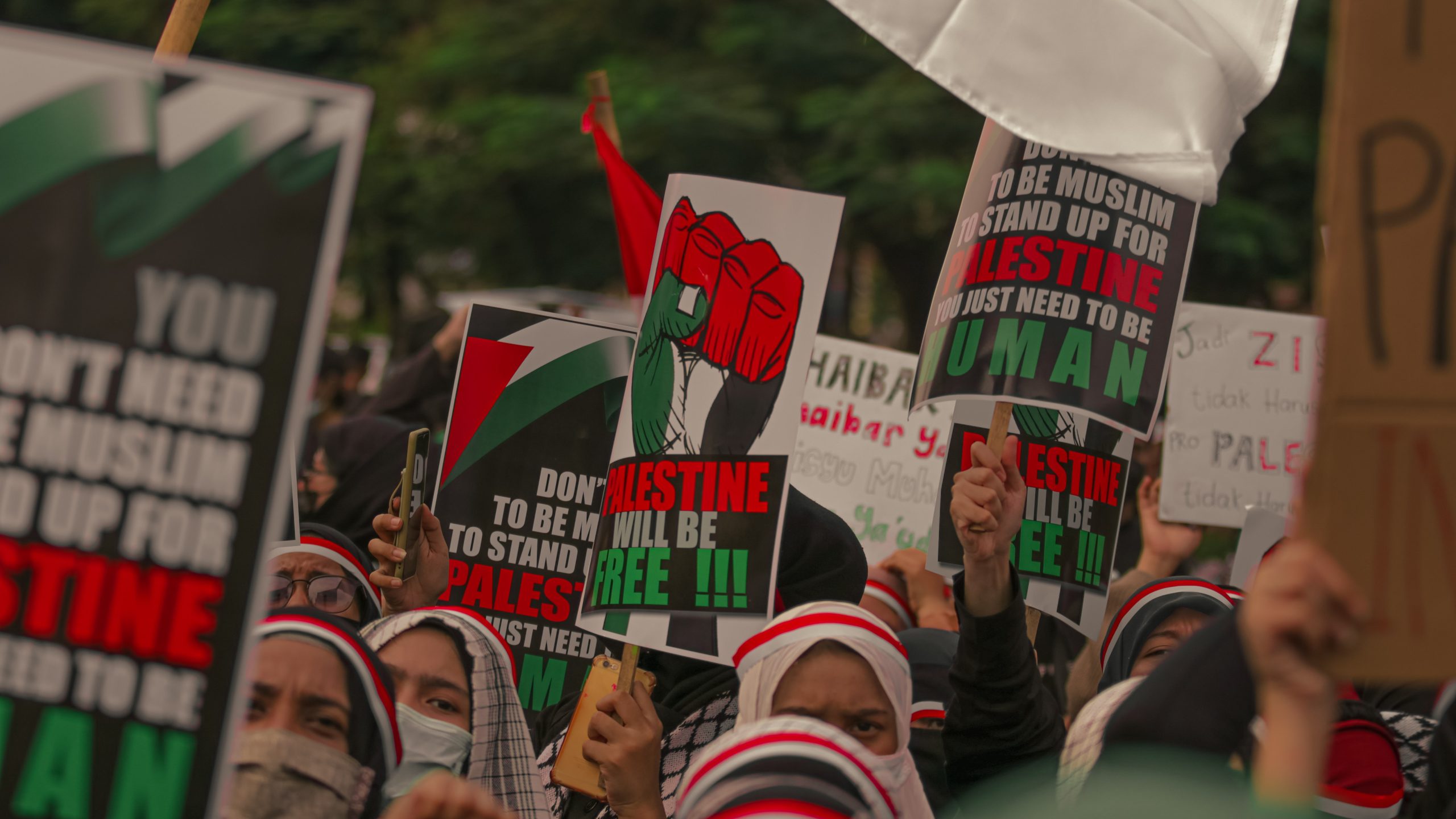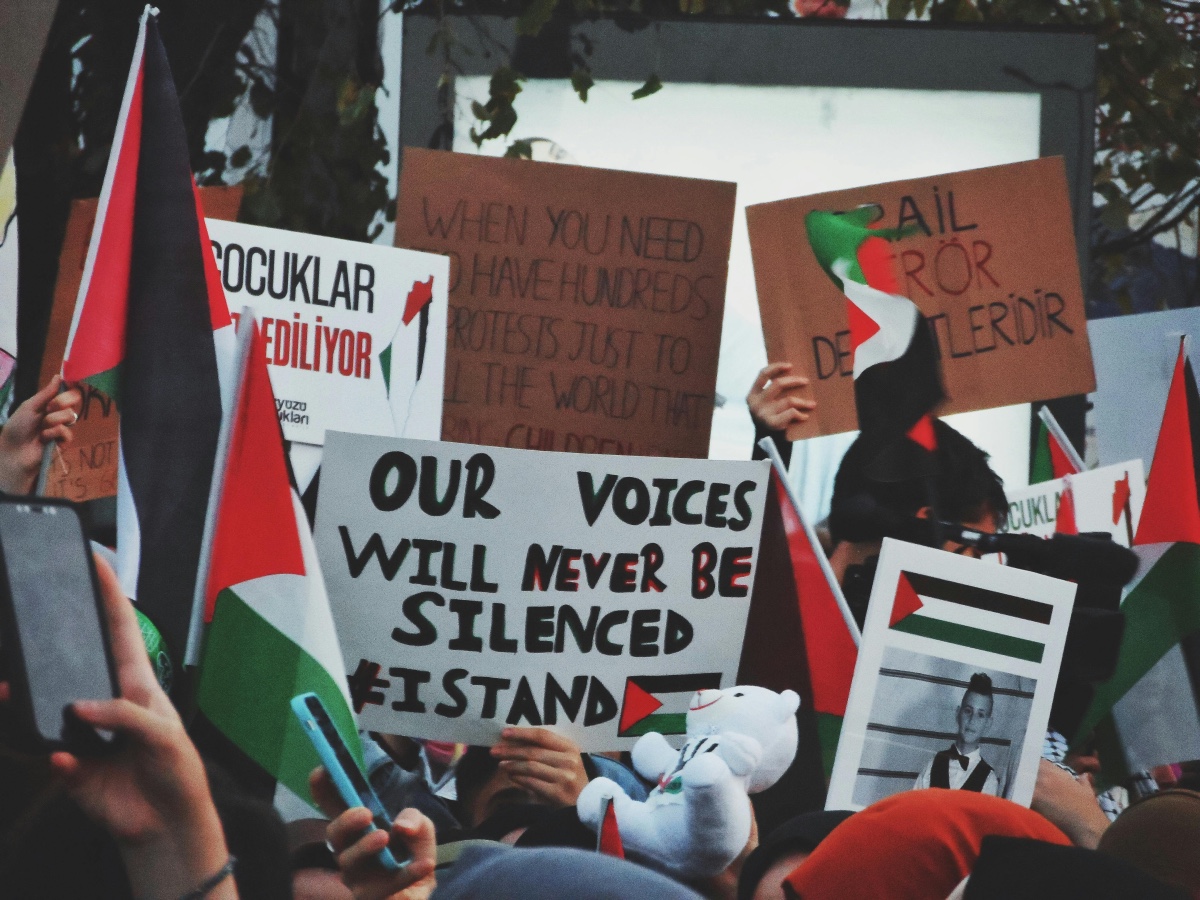Of Black Magic and Witchcraft
By Sumayyah Meehan, MMNS Middle East Correspondent
The case of Lebanese citizen Ali Hussain Sibat, who has been incarcerated for the past two years in a Saudi Arabian prison on charges of being a sorcerer, has brought the dark world of ‘black magic’ and witchcraft that exists in many countries of the Middle East into the limelight. Sibat has been sentenced to death by beheading for hosting a television show called, “The Hidden†in Lebanon in which he engaged in acts of sorcery on camera. Saudi officials also claim that he confessed while in custody to selling potions to his clients that supposedly fulfill their greatest desire.
Sorcery, voodoo, soothsaying and all sorts of witchcraft are strictly forbidden in the Islamic faith and laws against the evil practices are firmly upheld by most Islamic countries. Despite the severe penalties, which are sometimes lethal, many people claiming to have special powers continue to prey on the public. And in many cases, the soothsayers are sought out by people suffering from hardships ranging from issues of the heart to more worldly issues like financial struggles. There is a tangible market in the Middle East for sorcery as there is a plethora of people seeking to get a hold of, what they perceive to be, the unattainable.
However, personal gain is not the only reason why witchcraft has found a comfortable niche in the Gulf region. Jealousy, hatred and just plain loathing are often the driving forces behind the use of witchcraft or sorcery. In a recent cover story in the newspaper Saudi Gazette, a pair of Indonesian housemaids was arrested for committing acts of sorcery against their sponsor families. Both were duped into confessing to their crimes in exchange for a large amount of money, which was bogus and meant only to extract their confessions. The housemaids admitted to placing at least 55 ‘charms’ in various parts of each of the family homes. Just prior to their confessions, family members had become suspicious after several other members of the family fell ill mysteriously. According to the article the charms, some consisting of broken glass and nails, were found and ‘undone’ by religious authorities.
The problem of sorcery has become so widespread in the Gulf that many countries are taking preemptive actions to dissuade the practice. Bahrain is just one government that is trying to root out witchcraft from within its borders. The Bahraini government is set to pass a new appendix to the law that already exists on the books which forbids anyone in the country from performing sorcery on the behalf of others or even privately in the home. However, unlike in Saudi Arabia, anyone convicted of sorcery in Bahrain does not stand to lose his or her head. The penalty for sorcery in Bahrain is a stiff fine and possibly a prison stint followed by deportation.
Human rights groups are swift to criticize Middle East governments for taking a hard line when it comes to witchcraft and sorcery. Most recently Human Rights Watch (HRW) criticized the Saudi government for turning Sibat’s case into a capital crime when in other countries it would be most likely be classified as a mere case of fraud.
12-20













2010
2,639 views
views
0
comments